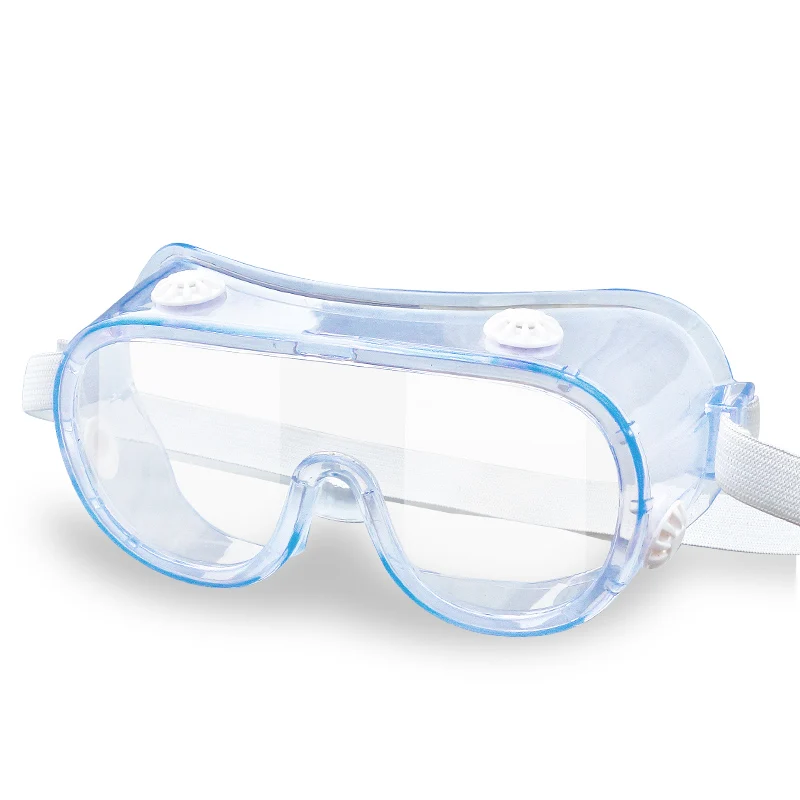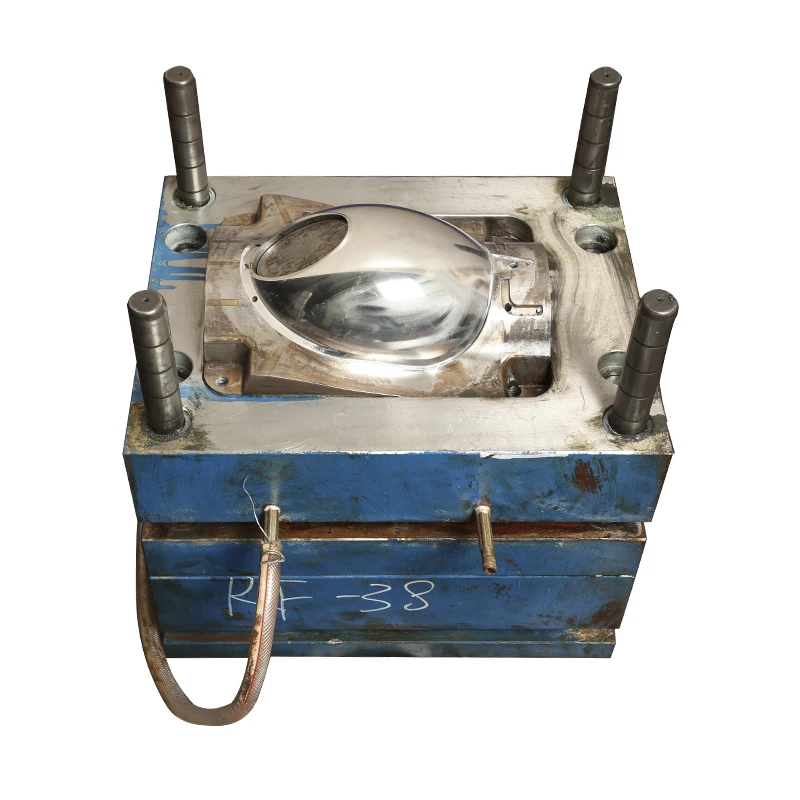Injection molding stands out as a pivotal manufacturing process transforming the healthcare industry. From producing intricate medical devices to enhancing efficiency in mass production, the role of injection molding in medical applications is paramount.
Injection molding facilitates the development of innovative designs for medical devices, enabling manufacturers to create intricate and advanced products that improve patient care and treatment outcomes.
Injection Molding for Medical
Injection molding is a versatile manufacturing method that involves the production of intricate parts and components by injecting molten material into a mold. In the medical sector, this technique holds significant importance due to its ability to create high-precision, customized, and cost-effective medical devices and components.
Medical Industry Plastic Injection Mold
Benefits of Injection Molding in Medical Applications
Precision and Customization: Injection molding allows for the creation of complex, precise, and customized medical parts with minimal waste, meeting specific requirements and tolerances.
Cost Efficiency: The ability to produce large quantities of medical components at a faster rate lowers production costs significantly.
Enhanced Quality Control: The process ensures consistent quality, reducing the risk of defects in medical devices.
Versatility: Injection molding accommodates various materials, from thermoplastics to elastomers, enabling the production of a wide range of medical devices and components.
Injection Molding Medical Products
The versatility and precision of injection molding make it an indispensable manufacturing method for an extensive range of medical devices. Its ability to meet stringent quality standards, produce customized designs, and enable cost-effective mass production solidifies its position as a cornerstone of innovation in the healthcare industry.
Injection molding is used to create a diverse array of medical devices, including syringes, catheters, implants, surgical instruments, drug delivery systems, and more.
Syringes
Injection molding plays a crucial role in the production of syringes, which are fundamental medical tools used for administering medications, vaccines, and other treatments. The precision and consistency offered by injection molding ensure that syringes meet strict quality standards, facilitating accurate dosing and patient safety.
Catheters
Catheters, vital in various medical procedures such as drainage, monitoring, and administering fluids, benefit from the intricacies of injection molding. The injection manufacturing process allows for the creation of catheters with precise dimensions, flexibility, and biocompatibility, meeting diverse patient needs.
Implants
In the realm of implants, injection molding enables the fabrication of components like joint implants, dental implants, and prosthetic devices. The process ensures the production of implants with high accuracy and tailored designs, contributing to improved patient comfort and functionality.
Surgical Instruments
Many surgical instruments, ranging from forceps and scalpels to clamps and retractors, are manufactured using injection molding. This method allows for the creation of durable, sterile, and precisely designed instruments that aid surgeons in performing intricate procedures with efficiency and accuracy.
Drug Delivery Systems
Injection molding is instrumental in crafting advanced drug delivery systems, including inhalers, patches, and specialized dispensers. The technique's precision facilitates the development of innovative systems that ensure controlled and accurate delivery of medications, enhancing treatment effectiveness and patient convenience.
More Applications
Beyond these key injection molding medical products, injection molding extends its capabilities to produce a myriad of other medical devices. These can include components for diagnostic equipment, laboratory tools, patient monitoring devices, and even components for medical packaging, highlighting its versatility in catering to diverse healthcare needs.
Conclusion
Injection molding continues to revolutionize medical manufacturing by enabling the creation of sophisticated, high-quality, and cost-effective medical devices and components. The role of injection molding for medical in enhancing precision, customization, and efficiency has made it an indispensable technique in meeting the ever-evolving demands of the healthcare industry. As technology advances, injection molding is poised to further revolutionize medical innovation and positively impact patient care.
RUNKE MOLD understands the critical importance of accuracy and reliability when it comes to injection molding for medical devices. We have the complete supply chain to provide one-stop service from design manufacturing, processing, injection, and assembling. The medical parts injection molds in Runke are engineered with precision and care to produce medical products that adhere to the standards of quality and safety. Welcome to contact us for detailed information.


.jpg)

.jpg)